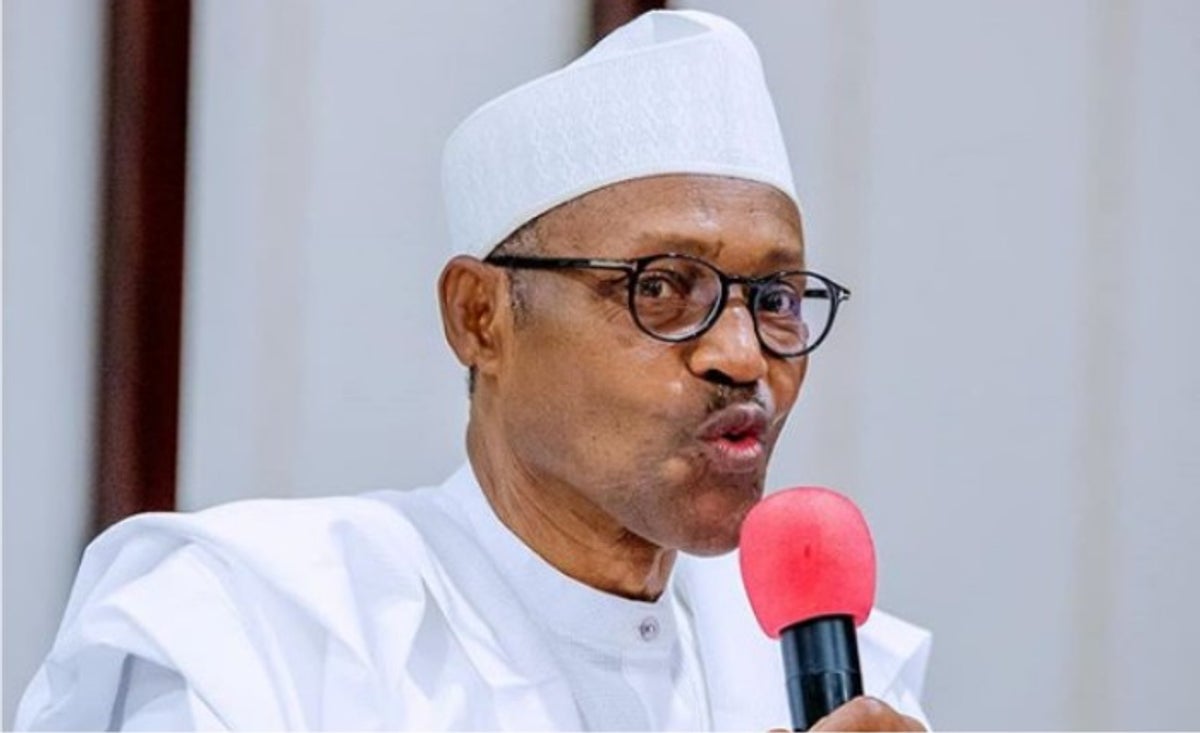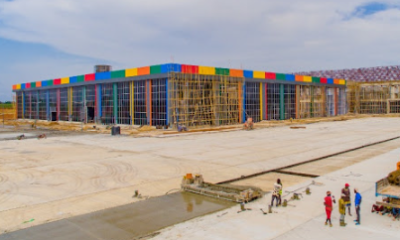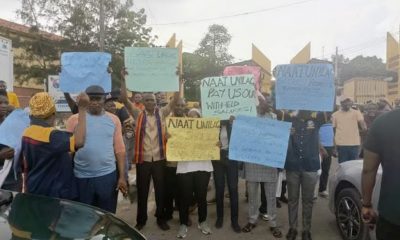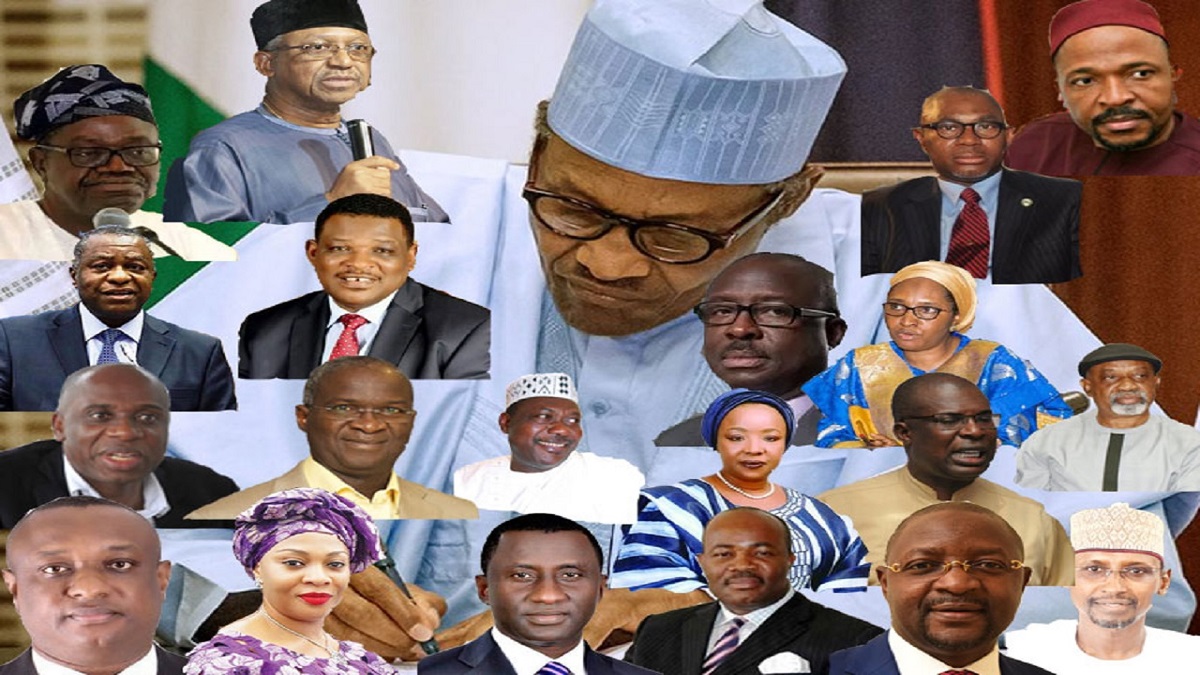President Muhammadu Buhari has directed the Central Bank of Nigeria (CBN) to stop providing Foreign Exchange (FOREX) for the importation of food into the country.
In a statement issued on Tuesday by presidential spokesman, Garba Shehu, the president disclosed that the directive was given to ensure the steady improvement in agricultural production and attainment of full food security.
According to the President, foreign reserves would be conserved and utilized strictly for diversification of the economy, to discourage dependence on foreign food import bills.
“The foreign reserve will be conserved and utilized strictly for diversification of the economy, and not for encouraging more dependence on foreign food import bills,” President Buhari was quoted as saying.
The President further went on to say that the CBN must not release any ‘cent’ to import food into the country while reiterating that his administration had achieved food security and physical security.
Similarly, the President stated that while some states in the country had taken advantage of the policy of the Federal Government on agriculture with huge returns already being generated, the big picture is to feed the nation.
“Some states like Kebbi, Ogun, Lagos, Jigawa, Ebonyi and Kano had already taken advantage of the Federal Government’s policy on agriculture with huge returns in rice farming, more states should plug into the ongoing revolution to feed the nation.”
Speaking further, the President disclosed that young Nigerians and graduates alike had started exploring agri-business and entrepreneurship, with many enjoying good returns on their investments.
Recall that the CBN has been premeditating the move to add to the 43 items restricted for FOREX in Nigeria. To drive home the point, the CBN, in a recent circular disclosed the bank was set to restrict FOREX for the importation of milk and other dairy products.
According to the CBN Governor, Godwin Emefiele, Nigeria spends between $1.2 billion to $1.5 billion annually on importation of milk and other dairy products.
While the CBN has through various statements reiterated its stand on the policy, industry analysts have called for a review of the policy in order not to complicate certain economic realities.
The decision according to the CBN is targeted at ensuring FOREX savings, job creation and investments in the local production of milk.
By restricting FOREX for food, it means food importers will have to source for FOREX through the parallel market or other means.
Buying from the parallel market or other sources come at a high cost, and this may trigger the general price level and prices of food items will jack up.

 Health5 days ago
Health5 days ago
 Entertainment7 days ago
Entertainment7 days ago
 Crime6 days ago
Crime6 days ago
 Education1 week ago
Education1 week ago
 Health1 week ago
Health1 week ago
 Comments and Issues6 days ago
Comments and Issues6 days ago
 Football7 days ago
Football7 days ago
 Latest6 days ago
Latest6 days ago









